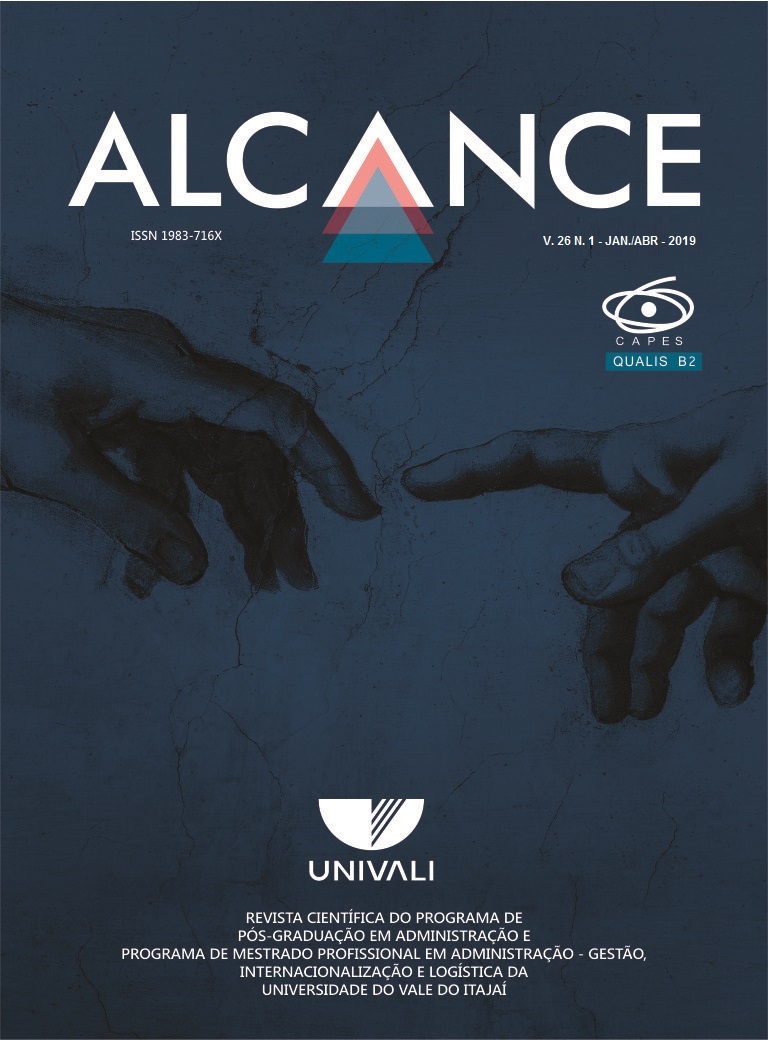SERVICE INNOVATION FOR WASTE MANAGEMENT: A CASE STUDY OF A SERVICE PROVIDER IN THE METROPOLITAN REGION OF BELO HORIZONTE
Published date: 24/05/2019

It is common knowledge that civil construction industry causes large externalities in the environment. This article contributes to the area of corporate social responsibility in organizations seeking innovations that reduce the impacts caused by construction waste in society. The objective of this article is to analyze the business structuring and best practices in a small organization that offers innovation in service oriented to waste management, seeking to discover which improvements can be implemented in this evolutionary process. It is a case study that involved participatory interviews and documentary analysis as enabling instruments. The chosen organization won an award due to its offer of innovative services that support waste management in the construction industry. The results were analyzed from the perspectives of innovation, RSC, and Stakeholder Theory. In conclusion, an organization innovates when it seeks to continue adding value, transforming environmental constraints into new business. Best practices in waste management can be achieved through the knowledge and lessons learned and developed through a repository that collects, stores and distributes information about experiences in projects. Finally, it is possible to improve the preparation of the contracts, making them available for consultation by interested parties and enabling better control of tasks.








